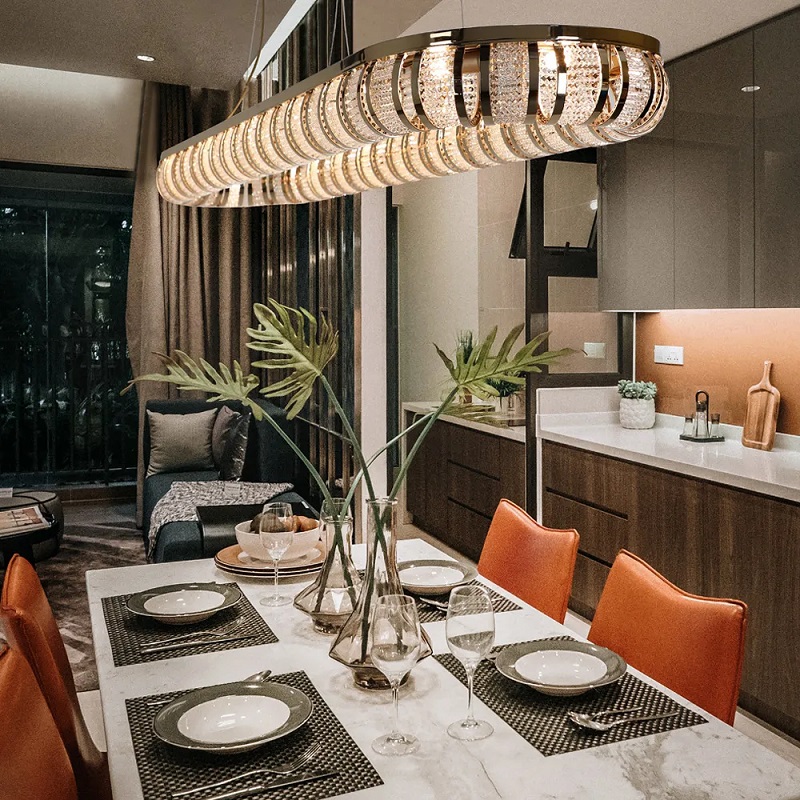For every home, a radiator is the most essential cooling or heating device. It must be maintained properly, so it works effectively.
If you are installing the central cooling system or radiator inside the room, then it should be painted otherwise, it will give your room an odd look.
Due to the complex exterior honeycomb structure of the radiator, most people consider that its painting is a difficult task, but it is not so.
In this guide, we will tell you the DIY trick to paint the radiator. You will also learn which paint is best for radiator paint.
Step-by-step guide to radiator painting
Switch off the radiator
Before starting the process, make sure to switch off the radiator and let it cool down. The paint will become drippy if you apply it over the warm radiator surface and will not stay.
Also, ensure that the room is properly ventilated because the paint contains volatile organic carbon VOCs that may cause health damage. You may suffer from lung or throat irritation if you inhale paint fumes, so open all the rooms’ windows before painting, especially during spray painting.
No matter how expert you are in painting, the paint will surely drip over the surface. To avoid this, protect the ground with cardboard, paper, or cloth. Also, place cardboard between the wall and the radiator to save the wall from paint colour.

Clean the radiator
Cleaning the surface of the radiator is very important for even painting. The purpose of cleaning the device is to remove the dust or grease from the surface.
To clean it, you need a cloth or sponge, warm water, and detergent. Wipe the radiator with a moist detergent-containing sponge so the grease and dust will be removed from it. Then clean it with simple water and leave it for drying.

Sanding
It is an important step that ensures the proper adhesion of paint to the radiator surface. Sanding is done with the help of sandpaper having fine grits on it. This sandpaper makes the surface even, and rough removing all the imperfections or pimples.
After removing all the rust and unwanted debris, wipe the surface with a damp cloth and again allow it to dry.
Seal the imperfection with primer
Primer, also known as an undercoat, is applied to the surface before painting. Priming is done to hide the joints of the material. It ensures proper adhesion and coats the surface hence increasing the durability of the paint.
For radiator priming, specially formulated primers are available. It covers the corrosive surface and prevents the expansion of rusting.
For priming, you just need a paintbrush of angled or flagged bristle shape depending on the shape of the radiator. You can also use spray primer that gives an even finish if you move the bottle smoothly.
Apply the first coat to the radiator surface
Once the primer dries, clean the radiator surface with the help of a clean cloth or cotton and start painting in a properly ventilated room.
Before painting the radiator stir, or shake the paint well to ensure proper mixing. Do not overload the bush with the paint to avoid dripping.
Apply another coat
For the perfect result, coat the surface twice with the same paint after the drying of the first coat. The coat may take a night or so to dry, depending on the composition of the paint.
Why is it needed to paint the radiator?
Before knowing the steps of radiator painting, you must be aware of the importance of what you are going to do.
The radiator is corrosion or rust-sensitive because it is made of steel. The water flowing inside the tube of the radiator and dust or sludge make the radiator more prone to corrosion. The system will become leaky once it becomes corroded.
To avoid this loss, you have to paint the radiator that save it from rusting. Most people paint their heating or cooling systems to give their room an absolute look. You can paint the radiator according to the background color, so it does not look peculiar.

Which paint should I use to paint my copper radiator?
Sometimes people do not paint the radiator if it is made up of copper because copper has an attractive color and does not rust. But copper may corrode, so it also needs to be finished. Specialist radiator paint is the best Copper radiator paint. This paint also works best for radiators that are made up of brass or iron.
Takeaway note
Here are some pain points you must know before painting the radiator:
- Do not forget to switch off the radiator before painting and let it cool completely.
- Open the windows to ventilate the room because the fumes of paint are not good for your health.
- Must remove the rust or imperfection from the radiator surface with the help of sandpaper.
- Clean the surface properly from dust.
- Apply the primer properly on each joint.
- Mix the paint well before application.


